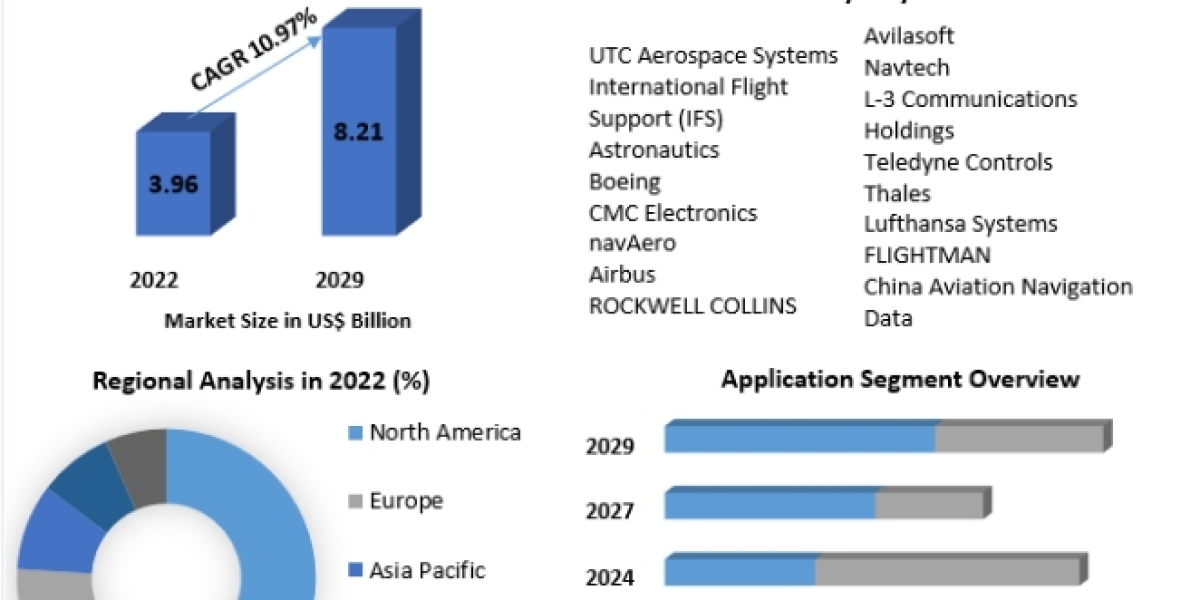Pursuing a Master's in Finance in the UK is a dream for many students aiming to build a successful career in the financial industry. Known for its strong academic institutions and proximity to global financial hubs like London, the UK offers some of the best colleges for this program. If you're looking to enhance your skills and unlock lucrative job opportunities, here’s a detailed guide to the best colleges for Masters in Finance in UK.
1. London Business School (LBS)
Program: Masters in Financial Analysis (MFA) Location: London
London Business School is often regarded as one of the best colleges for Masters in Finance in UK. Its MFA program is designed for early-career professionals and recent graduates seeking foundational knowledge in finance.
- Duration: 12-16 months
- Tuition Fees: Approx. £44,000
- Eligibility:
- Bachelor’s degree with excellent academic performance
- GMAT/GRE scores
- Proficiency in English (TOEFL/IELTS)
Why Choose LBS? LBS offers world-class faculty, extensive networking opportunities, and direct access to global recruiters. Graduates from LBS are highly sought after by firms like Goldman Sachs, JP Morgan, and McKinsey.
2. University of Cambridge – Judge Business School
Program: Master of Finance (MFin) Location: Cambridge
The MFin at Cambridge is an exceptional program for professionals with prior experience in the finance sector, making it one of the best colleges for Masters in Finance in UK for experienced candidates.
- Duration: 1 year
- Tuition Fees: Approx. £52,000
- Eligibility:
- At least two years of work experience in finance
- GMAT/GRE scores (optional but preferred)
- Strong academic credentials
What Sets Cambridge Apart? The program integrates theoretical knowledge with practical applications through industry insights, case studies, and networking events. Graduates often secure high-paying roles in investment banking and asset management.
3. London School of Economics and Political Science (LSE)
Program: MSc Finance Location: London
LSE’s MSc Finance is a top choice for students aspiring to join investment banks or hedge funds. As one of the best colleges for Masters in Finance in UK, LSE provides a rigorous academic foundation complemented by real-world financial applications.
- Duration: 10 or 12 months
- Tuition Fees: Approx. £37,000
- Eligibility:
- Strong undergraduate degree in finance or a related field
- GMAT/GRE scores
- Evidence of quantitative aptitude
Career Opportunities: LSE graduates often land roles in companies like Morgan Stanley, BlackRock, and HSBC. The program also offers access to one of the UK’s largest finance societies, which helps students build their professional networks.
4. University of Oxford – Saïd Business School
Program: MSc Financial Economics (MFE) Location: Oxford
Oxford’s MFE program is one of the most prestigious in the world, combining elements of finance and economics. This makes Oxford a standout among the best colleges for Masters in Finance in UK.
- Duration: 9 months
- Tuition Fees: Approx. £48,000
- Eligibility:
- Bachelor’s degree with strong academic performance
- GMAT/GRE scores
- Relevant work experience (preferred but not mandatory)
Why Oxford? Oxford’s reputation, coupled with its strong alumni network, ensures excellent placement opportunities in firms such as Barclays, Deloitte, and BlackRock.
5. Warwick Business School (WBS)
Program: MSc Finance Location: Coventry
Warwick Business School offers an MSc Finance program tailored for students with strong analytical skills. Its reputation as one of the best colleges for Masters in Finance in UK is bolstered by its focus on quantitative finance and risk management.
- Duration: 1 year
- Tuition Fees: Approx. £39,000
- Eligibility:
- Strong undergraduate degree in quantitative subjects
- GMAT/GRE (recommended for international applicants)
- IELTS/TOEFL for non-native English speakers
Career Prospects: Warwick graduates are often recruited by top-tier firms such as PwC, KPMG, and UBS for roles in financial consulting, corporate finance, and risk management.
6. Imperial College Business School
Program: MSc Finance Location: London
Imperial College London is renowned for its emphasis on technology and innovation, making it a perfect choice for students looking to specialize in fintech and other emerging fields.
- Duration: 1 year
- Tuition Fees: Approx. £37,000
- Eligibility:
- Bachelor’s degree in finance or a related field
- GMAT/GRE scores
- Work experience (optional but beneficial)
Highlights: Imperial’s MSc Finance program is practical, with electives in areas like fintech and sustainable finance. Graduates are well-prepared for roles in investment banking, private equity, and asset management.
7. University of Edinburgh Business School
Program: MSc Finance Location: Edinburgh
The University of Edinburgh offers an MSc Finance program that combines a rigorous academic structure with real-world applications, making it one of the best colleges for Masters in Finance in UK.
- Duration: 1 year
- Tuition Fees: Approx. £29,000
- Eligibility:
- Strong academic record
- GMAT/GRE (optional)
- IELTS/TOEFL for international students
Why Edinburgh? Students gain access to Bloomberg terminals and advanced analytics tools, preparing them for roles in risk management, investment analysis, and corporate finance.
Conclusion
Choosing the right institution is critical for anyone pursuing a Master’s in Finance. The best colleges for Masters in Finance in UK, such as London Business School, Cambridge Judge, and LSE, offer robust academic programs, strong industry links, and excellent career opportunities. Whether you’re aiming to work in investment banking, fintech, or asset management, the UK provides a wealth of options to suit your career goals.









